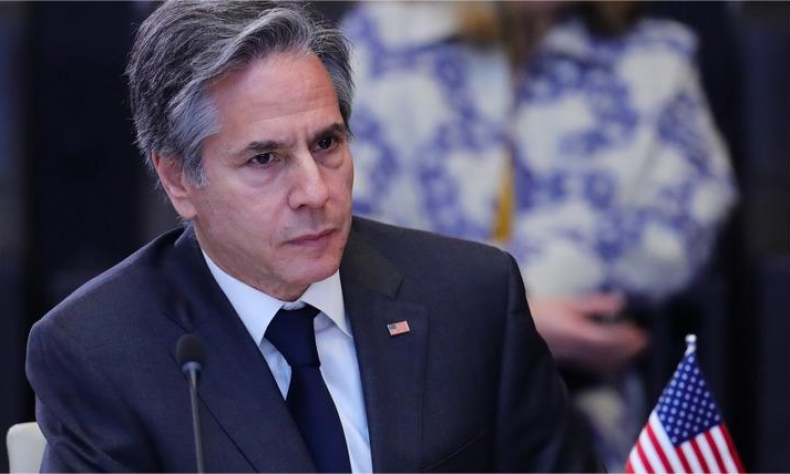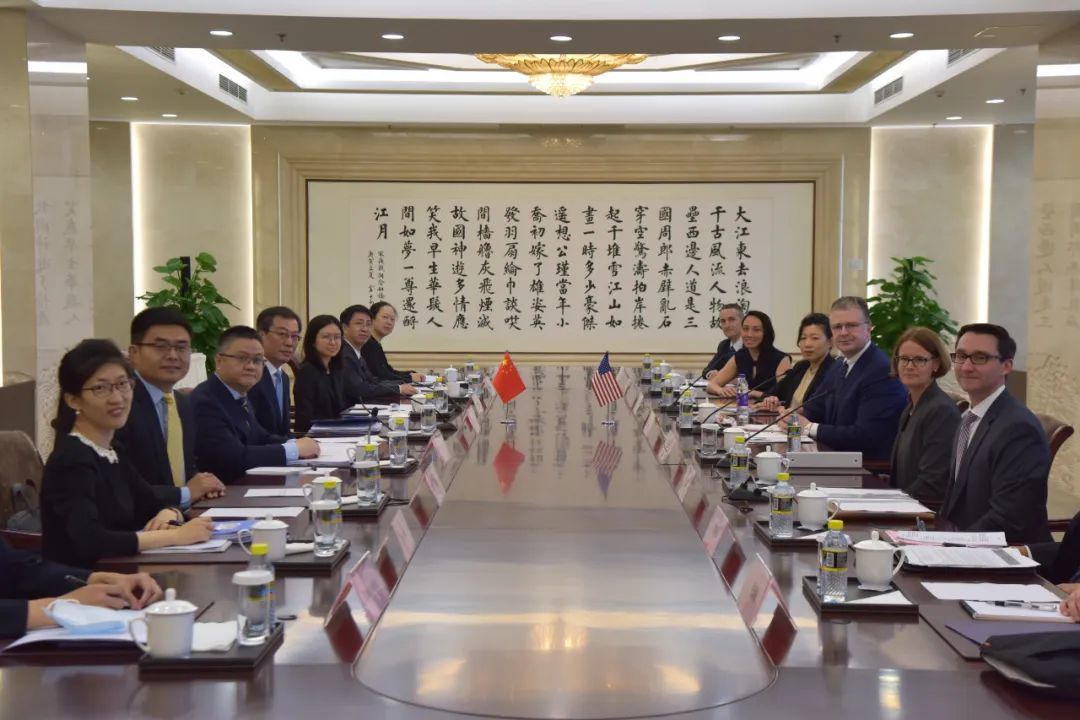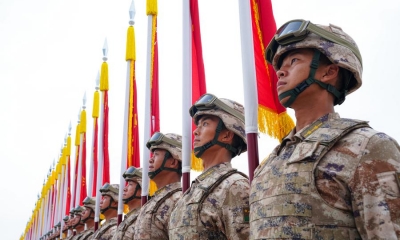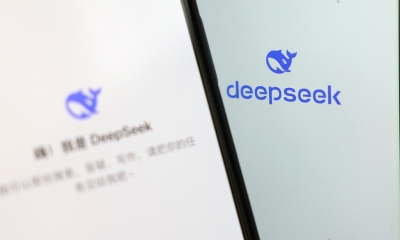Mixed Signals from Washington Before Blinken’s China Visit

Regardless, the trip to China can serve to improve tense relations. Let’s hope for success.
The consistent inconsistency about China from the White House is one reason that the relationship between China and the United States seems at times so confusing. The latest yes-but-no-but-maybe signs from Washington concern whether China is, or is not, building a facility in Cuba that would allow for China to spy on the United States.
The Wall Street Journal — one of many news agencies owned by Rupert Murdoch, who for more than a decade has grown increasingly antagonistic toward China — reported last week that China was going to pay Cuba “several billions of dollars” so that China could build the spying facility. Within hours, the White House quickly shot down the story. “I’ve seen that press report, it’s not accurate,” a White House spokesperson said. That rebuke was surprising because of its immediacy and its intensity.
That denial could have allowed Washington to send a kind-of goodwill message to Beijing, especially knowing that the White House has dropped hints of a possible conversation in the coming weeks or months between President Joe Biden and President Xi Jinping.
And let us not forget that no journalist appeared to ask any U.S. official about Washington’s efforts to spy on Beijing. Those attempts would be well-documented in the intelligence record, too, no?
The latest good news is that U.S. Secretary of State Antony Blinken spoke Tuesday with Chinese State Councilor and Foreign Minister Qin Gang. And as agreed between China and the United States, the Secretary will visit China from June 18 to 19.
According to the news release by the State Department, the Secretary discussed the importance of maintaining communication to responsibly manage the U.S.-China relationship to avoid miscalculation and conflict, addressed a range of bilateral and global issues, and made clear the U.S. would continue to use diplomatic engagements to raise areas of concern as well as areas of potential cooperation.
Meanwhile, Qin urged U.S. to respect China’s position on Taiwan and stop undermining China’s interests in the phone conversation with Blinken.

Questions were then raised as to what constructive effects would Blinken’s China visit make for the bilateral ties. He was supposed to visit earlier this year, but then the White House turned a Chinese-made balloon that was floating over North America into an international incident. At that time, Secretary Blinken said in one interview “when (the balloon) was over the United States [it] was clearly an attempt to surveil very sensitive military sites.” Clearly offended, the Secretary said he could not keep his scheduled visit to China. As for the balloon? It was shot down by a U.S. military jet over the Atlantic Ocean.
Therefore, it would have surprised no one if he had used allegations of a (non-existent) spying facility as pretext for delaying his trip again. Perhaps there was an influential bad guy within the administration or elsewhere in Washington who wanted the “China-is-a-bad-guy” message reinforced so that Blinken would not meet with any of senior officials in China in 2023? However, the guy didn’t get his way. Now the date of the visit has been confirmed and announced.
One of the foundational pieces of Secretary Blinken’s visit took place last week, when a small team of U.S. officials met with their Chinese counterparts in Beijing. The Department of State readout issued after the meeting noted the following: “The two sides had candid and productive discussions as part of ongoing efforts to maintain open lines of communication and build on recent high-level diplomacy between the two countries.”
China’s ambassador to the United States Xie Feng also cannot be ignored when analyzing why Blinken is finally going to China. The Diplomat reported Xie Feng wants to see progress in the relationship between the two nations.
Put those pieces together, and there are strong tailwinds working in favor of improving relations between the two nations. One can hope that American and Chinese officials can take another positive step when Secretary Blinken lands in China in a few days.
As for the China, Cuba and spying kerfuffle, we are left with two possibilities: It was either a failed attempt to undermine the White House and by extension the Secretary of State, or it was a once-respected news agency demonstrating yet again that its owner wants to bash China whenever possible. If we accept the “failed” theory, then someone who wants to see the strained relations between the countries continue blew it: The White House’s rebuke makes that obvious. On the other hand, if the “bash China” theory is accepted, then Murdoch’s destroyed credibility has taken another hit.
Regardless, the trip to China can serve to improve tense relations. Let’s hope for success.
The article reflects the author’s opinions, and not necessarily the views of China Focus.
 Facebook
Facebook
 Twitter
Twitter
 Linkedin
Linkedin
 Google +
Google +







